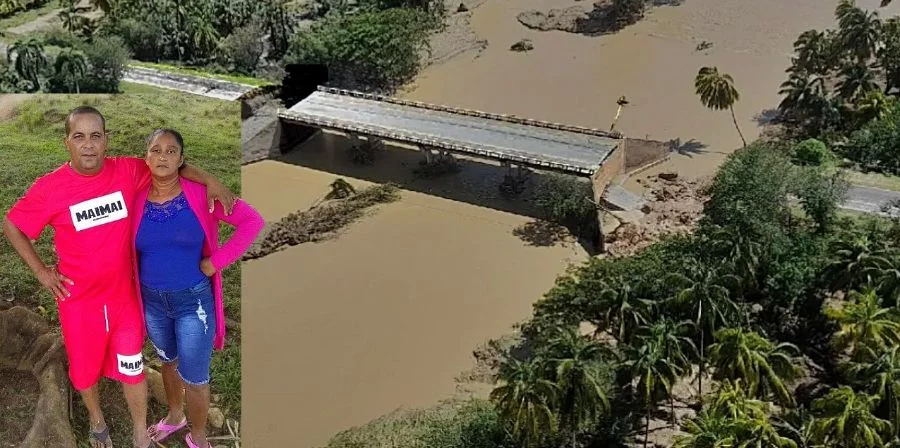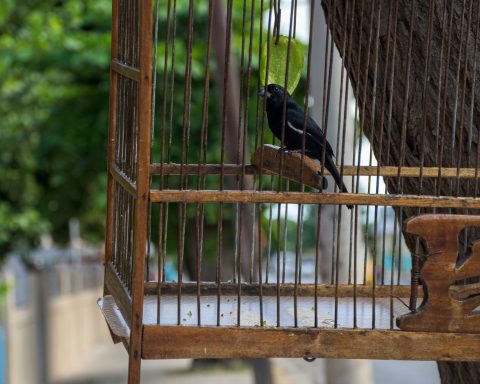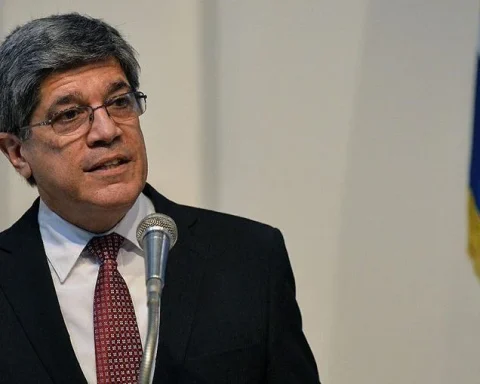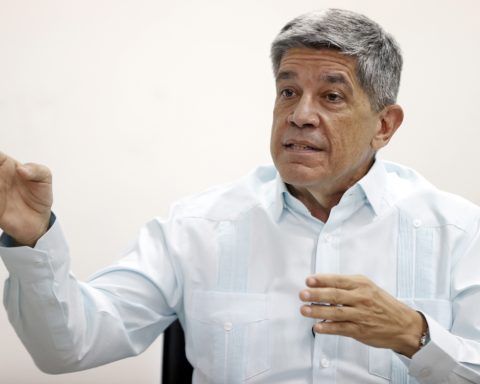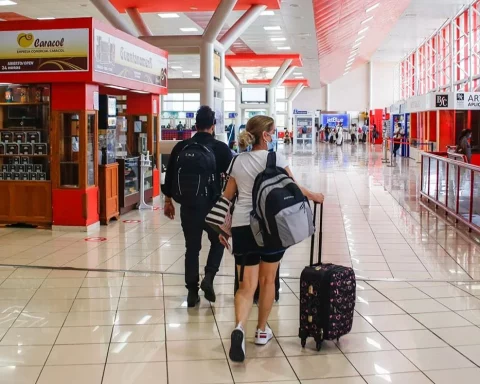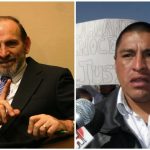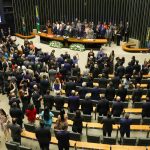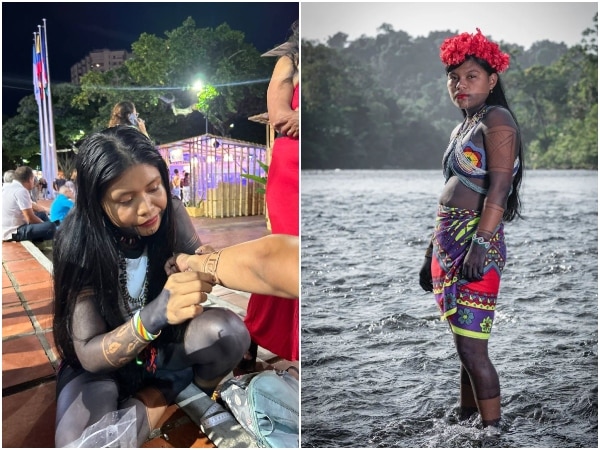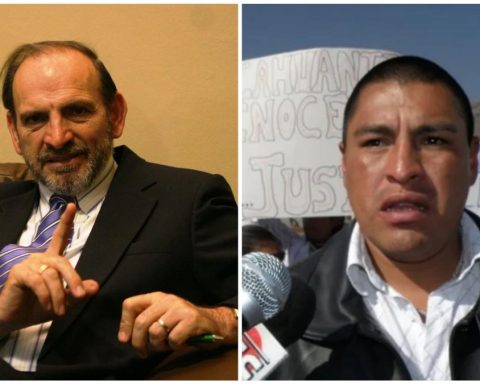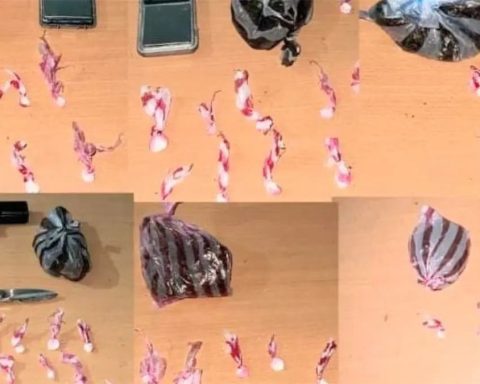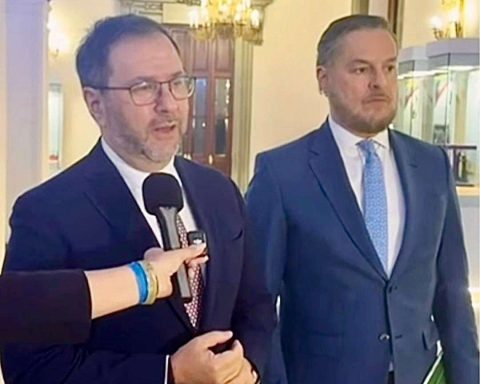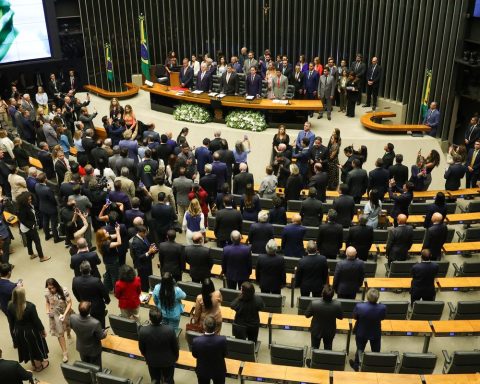MIAMI, United States. – “I don’t know if they are okay, if the hurricane took their house, if they have food, water… I don’t know what happened to them.” Katiuska Montoya lives in the city of Guantánamo, 84 kilometers from Imías, a municipality in the easternmost province of the Island that borders Baracoa, where the Hurricane Oscar last October 20.
In the provincial capital, the winds were felt and it rained a lot, but the worst was in Baracoa, Imías and San Antonio del Sur, since the meteorological phenomenon, already degraded to a tropical storm, remained “almost stationary” over the easternmost part of the Island for many hours. The endless downpours overflowed the rivers that come down from the mountains and covered the lower areas of the towns.
With 278 millimeters of precipitation, in San Antonio del Sur there was an unprecedented flood. Until now six deaths have been reportedamong them a five-year-old girl and three elderly people who were over 80. The videos circulating on social networks show local young people who jumped into the water to rescue their neighbors in the absence of the Civil Defense.
The swollen rivers poured into the houses up to approximately one meter from the roof, destroying the few appliances and furniture that the families had.
In Imías, the neighboring municipality, the few images that have been released are similar: chaos and destruction. The winds destroyed roofs and entire houses, poles and trees were left down. There is still no electricity and at least one person is known to have died; But relatives of the victims fear that the number is much higher.
Unlike San Antonio, where it is possible to reach by road, Imías is isolated. All the bridges that link the municipality collapsed and there were land displacements in La Farola. Until now it is only possible to arrive by air.
Imías is a poor municipality, where families that live with a little more comfort are because they receive remittances from emigrants. The rest barely survive between poverty and abandonment.
“These municipalities are made up of people, the vast majority, with low resources, who do not have a mobile phone,” explains Diannelis Aranda, a Cuban resident in Spain and a native of Imías, where her parents and other relatives still live.
“There are people in my town who did not know about the hurricane, and those who found out were confident because there was no information. There the people prepared themselves as best they could, those who had something,” adds Aranda, who just a couple of hours ago learned that her family had lost everything, but was alive, after days of anguish.
In addition to the lack of devices, there are areas of the territory where there is normally no access to telephony. Katiuska’s sister must climb four miles in elevation and walk to the town’s winery to make a phone call. He takes advantage of when he goes to pick up the regulated products to communicate with his family in the city. The last time they spoke was a little less than a month ago.
“I had no way to call her to warn her about the hurricane because there is never coverage. Maybe they didn’t even know what was going to happen because that area was without electricity since Thursday,” Montoya told CubaNet.
Last Friday, a breakdown at the Antonio Guiteras Thermoelectric Power Plant in Matanzas, added to the lack of fuel, caused the “total disconnection” of the National Electroenergy System (SEN), thus generating a massive blackout in the country. All of Cuba was left in the dark, although for months most of the country had already suffered outages that exceeded 10 and even 20 hours a day without electricity.
Without electricity, the little food that the inhabitants of Imías had must have decomposed. On the other hand, the hurricane devastated crops and animals. It is unknown what the more than 20,000 people who reside in Imías are eating or if they have access to drinking water.
Diannelis learned that they have been brought water, but until now, three days after Oscar passed, they have not received food.
“I am calmer because I know that my family is fine, but hunger is going to kill them because there was nothing left there. I see on the networks that help is coming, but I have not observed any for my people. Imías is now a war field,” he lamented.
For Katiuska, that’s also a concern: What are they eating? From the city, the population itself is taking out the little it has: they cook soups to take to the affected municipalities and donate some canned food, but Imías cannot be reached.
“My sister’s name is Maritza Montoya and she lives near the Veguita River with her husband, her daughter and her two- and four-year-old grandchildren. It is a dangerous and isolated area,” Katiuska ends by saying.
In 2016, when Hurricane Matthew affected the east of the country, his family lost absolutely everything, except their lives.
